Results
-
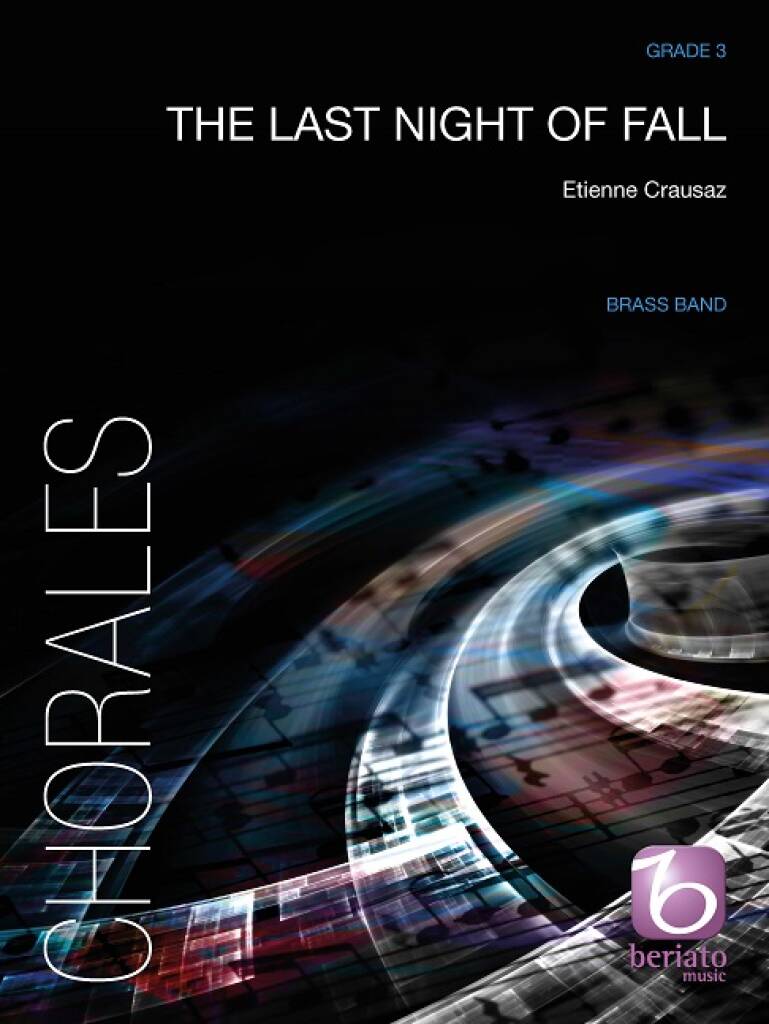 £60.99
£60.99The Last Night of Fall - Etienne Crausaz
This beautiful chorale for Brass Band illustrates the winter solstice, the longest night of the year. Describing the end of nature's cycle, it has a rather melancholic character until the final chord which symbolises the new beginning.This contemplative work is ideal for creating a moment of tranquillity during a concert, and is also suitable as a warm-up piece.
Estimated dispatch 5-14 working days
-
£60.99
Song of Israel - Traditional - Roland Kernen
Song of Israel is based on a world-famous tune, the traditional song from Israel entitles Hatikva. Roland Kernen makes creative use of this melody, presenting it a variety of styles, including a section with a 'rock' feel, to produce a cheerful concert work.
Estimated dispatch 5-14 working days
-
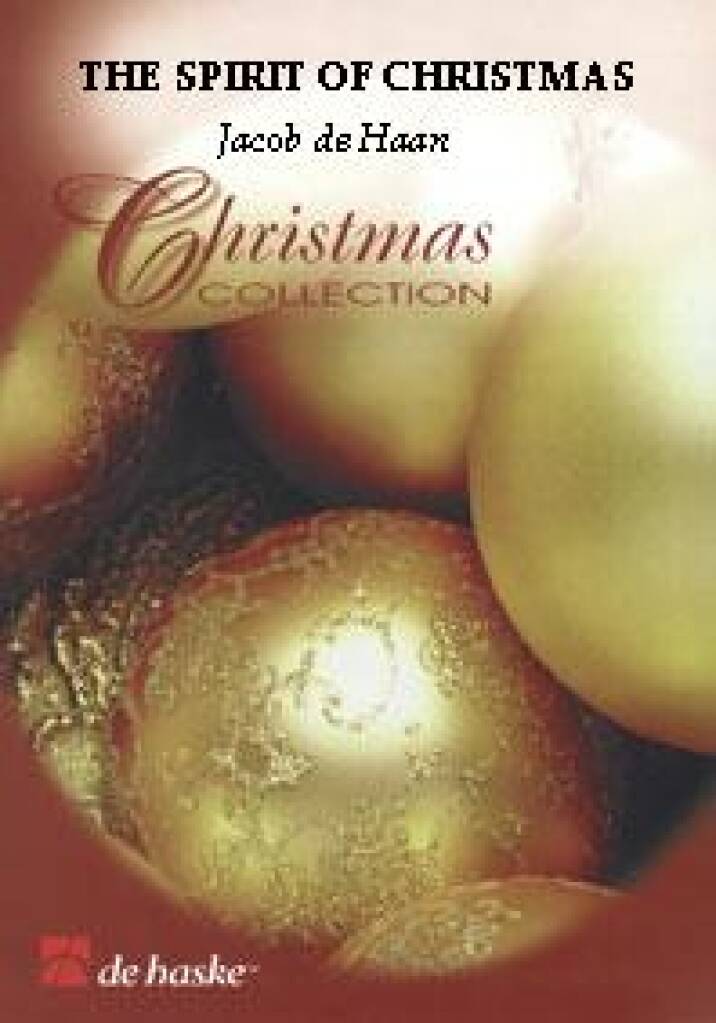 £69.99
£69.99The Spirit of Christmas - Jacob de Haan
The Spirit of Christmas is a medley of charming Christmas carols, all with an international character. The medley consists of the following five carols: Away in a Manger - The First Noel - It Came Upon the Midnight Clear - O Come, All Ye Faithful and Hark! The Herald Angels Sing. A four-part choir part in English has been added which can be used ad lib. or you can also opt for singing the melody line only, for example with a soloist and/or the congregation. The arrangement is not too high pitched so that the work can also be used in combination with a children's or High School choir.
Estimated dispatch 5-14 working days
-
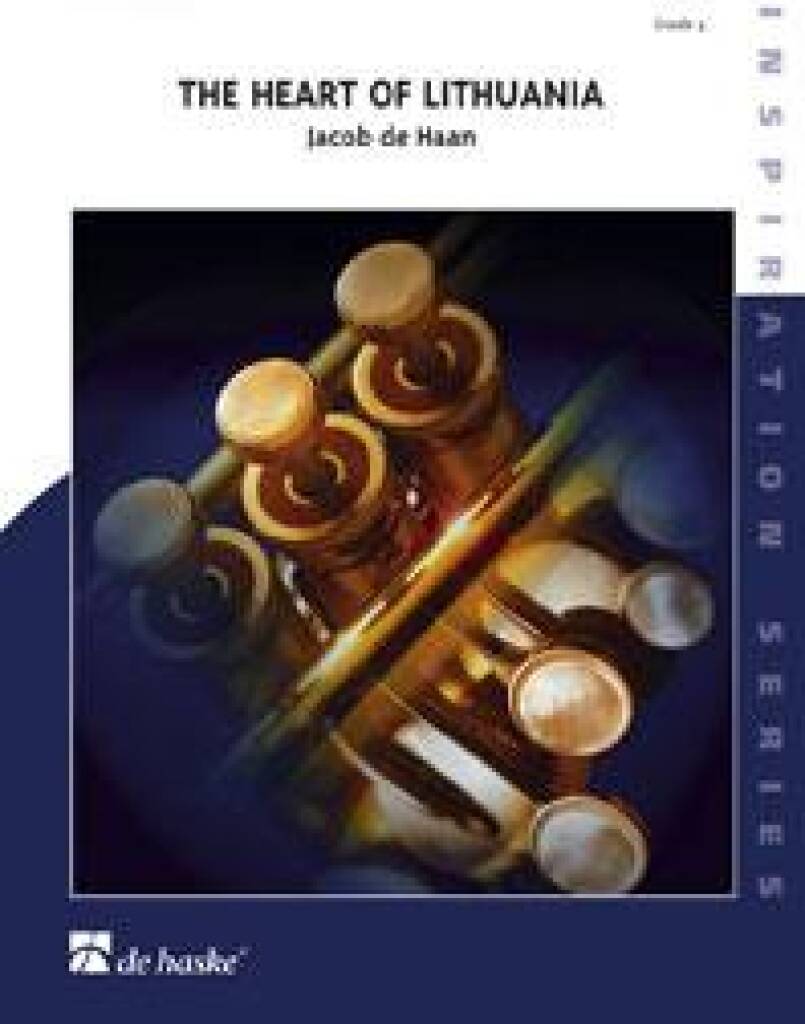 £76.99
£76.99The Heart of Lithuania - Jacob de Haan
Composer Jacob de Haan has based The Heart of Lithuania on five folk melodies from Lithuania, a country that despite its small size has a rich cultural heritage. The choice and diversity of emotions, largely determined by the characteristic melodies, take the listener straight to the heart of the Lithuanian people.
Estimated dispatch 5-14 working days
-
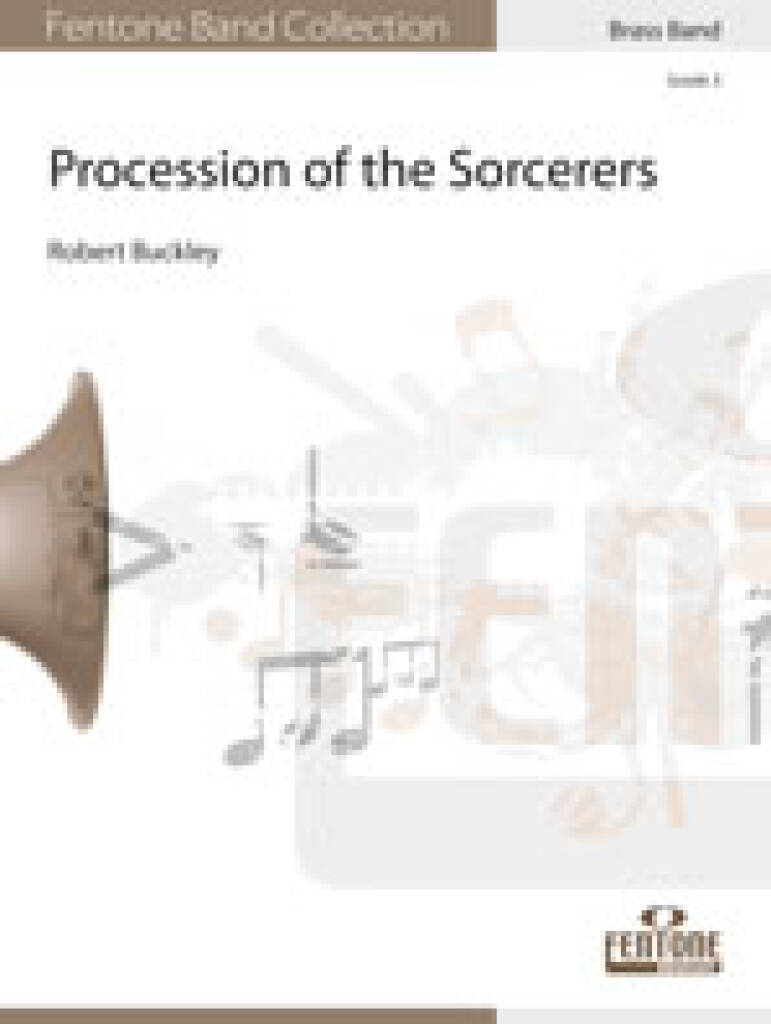 £59.99
£59.99Procession of the Sorcerers - Robert Buckley
Imagine a procession of wizards and witches, clowns and jugglers, magicians and troubadours, goblins, dragons, fairies and sprites, accompanied by colourful wagons, unicorns, stilt walkers and unicycles. All have one goal - the castle of the great Merlin. A multitude of melodies interweave, some ornamented, some medieval, as they eventually reach their fi nal destination.
Estimated dispatch 5-14 working days
-
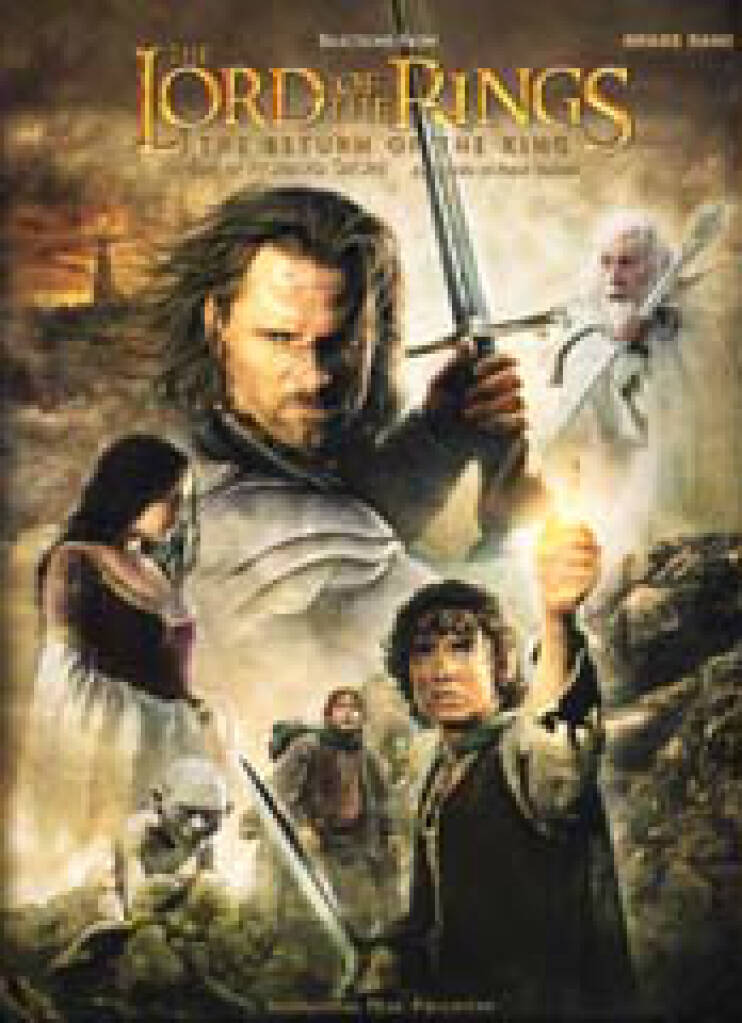 £40.00
£40.00The Lord of the Rings: Return of the King - Howard Shore - Philip Harper
A spectacular fantasy medley from the third and final episode of the Oscar-winning trilogy. The most poignant and memorable themes from this magical motion picture have been arranged and assembled as a gala concert piece for fullBrass Band and percussion by Philip Harper. Bring the mystery and excitement of Middle Earth into your repertoire with this full score and parts pack.
Estimated dispatch 5-14 working days
-
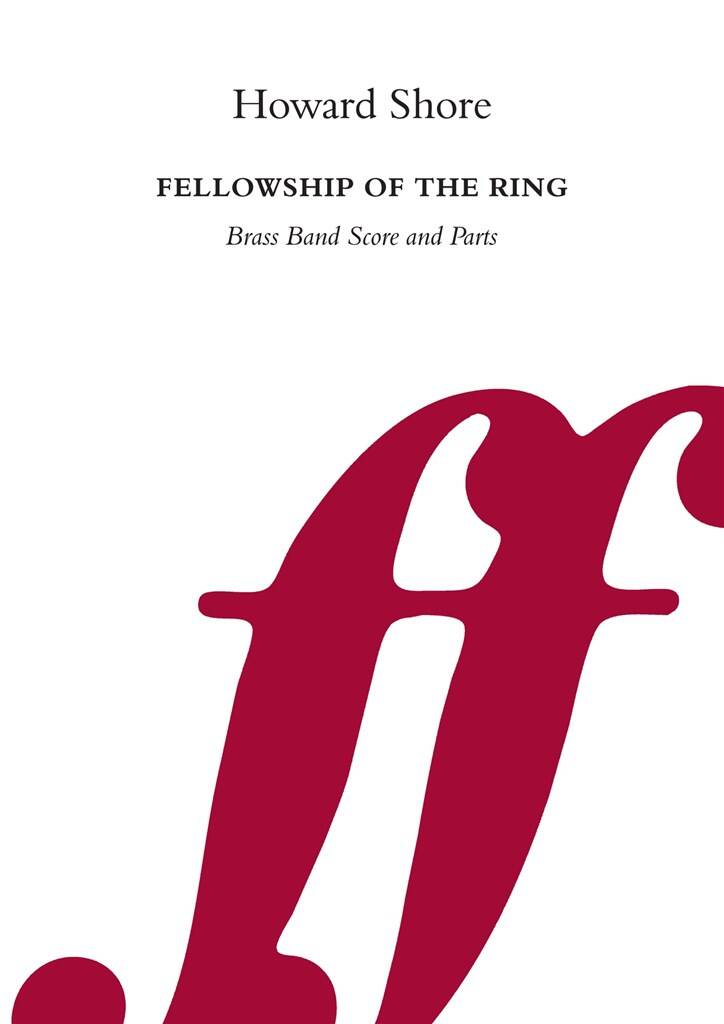 £50.00
£50.00Fellowship of the Ring - Howard Shore
A music selection of key themes from Howard Shore's film score to the 1997 blockbuster, The Lord of the Rings: The Fellowship of the Ring, arranged for brass band by Andrew Duncan.Brass Band Grade 4: Advanced Youth and 3rd Section Duration: 7 minutes
Estimated dispatch 5-14 working days
-
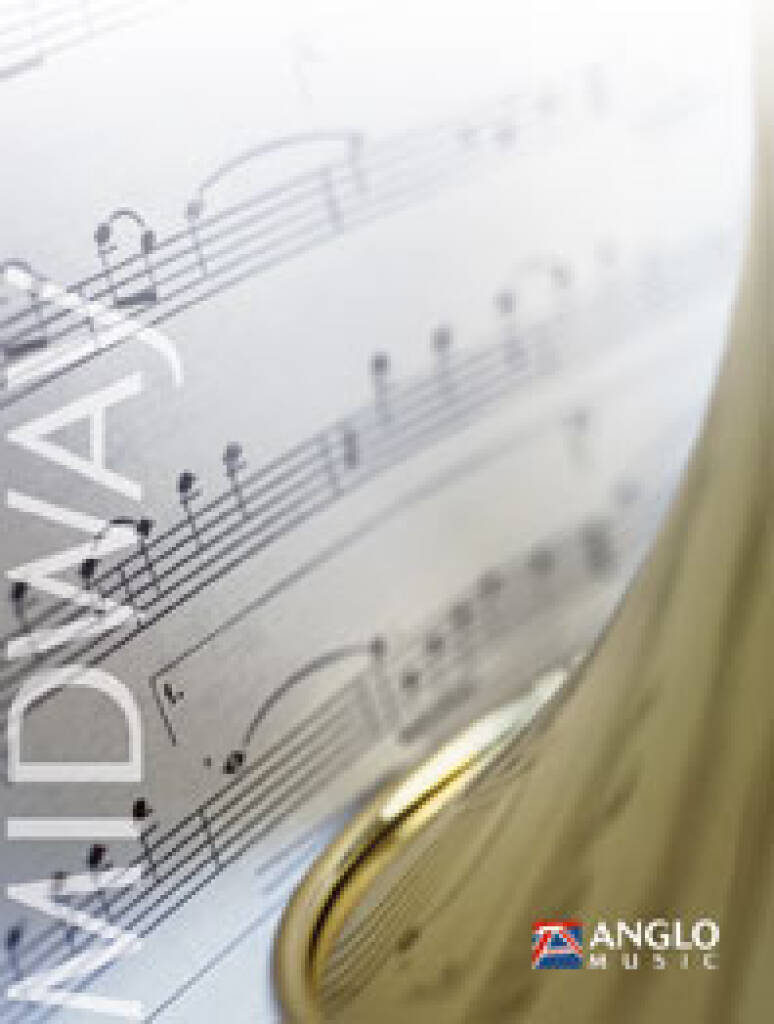 £59.99
£59.99David of the White Rock - Philip Sparke
This is an ancient Welsh air that was first published in Relics of the Welsh Bards in 1794. Dafydd (David) Owain was a famous Welsh bard who lived on a farm called Gareg Wen (The White Rock) in Eifionydd, Carnarnvonshire, North Wales. Tradition has it that on his deathbed he called for his harp and composed this lovely melody, requesting that it be played at his funeral. Accordingly, it was later played at the parish church of Ynys-Cynhaiarn. Lyrics were later added by Ceiriog Hughes, which describe the melody's inspiration. This version for brass band retains all the beauty and simplicity of the original.
Estimated dispatch 5-14 working days
-
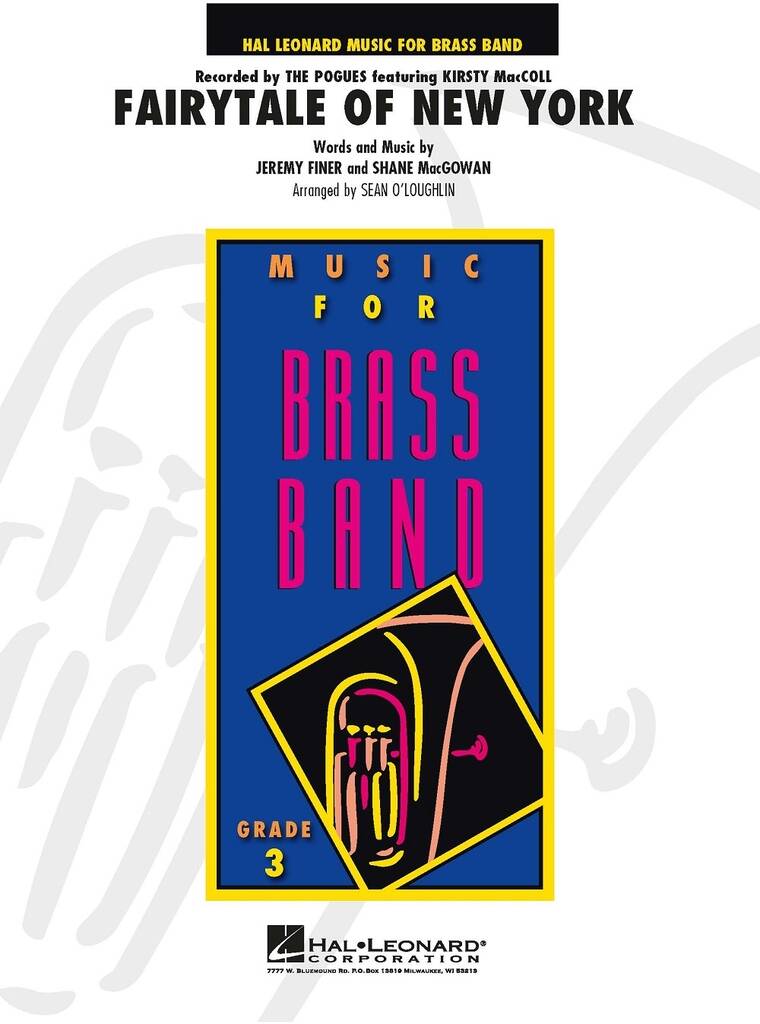 £49.99
£49.99Fairytale of New York - Sean O'Loughlin
Recorded by the Celtic punk band The Pogues and featuring singer Kirsty MacColl, Fairytale of New York was released in 1987 and has remained an enduring and popular holiday favorite ever since. Comprised of two main sections, the opening is melancholy and lyrical, followed by the second part in a driving and energetic Irish-flavored groove. Sure to be a distinctive and appealing addition to any holiday concert.
Estimated dispatch 5-14 working days
-
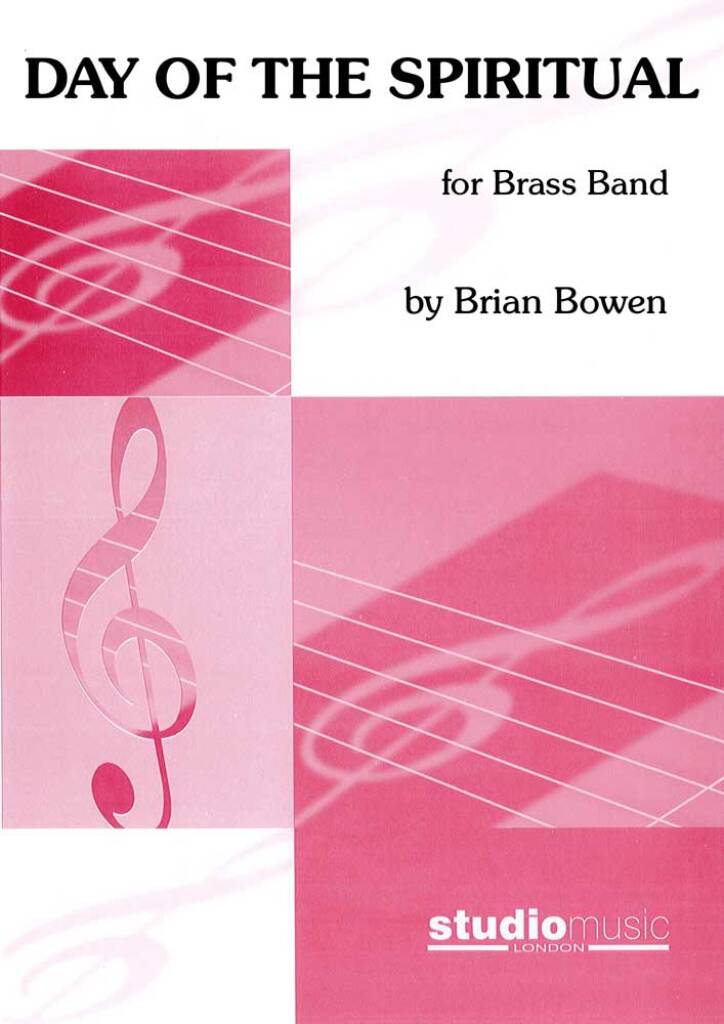 £42.95
£42.95Day of the Spiritual - Brian Bowen
Early African-American songs contain a wealth of human expression, based on a yearning for freedom and biblical deliverance. This rhapsodic work combines Spirituals and Blues as the composer visualises a Camp Meeting where ecstatic utterances and spontaneous solo outbursts occur. These eventually become disorderly and uncontrollable, leading to a frenzy and collapse. With order and calm resorted, the music leads to an exultant conclusion. Included: I Stood on the River of Jordan - Balm in Gilead - Michael, Row the Boat Ashore - Wade in the Water.
Estimated dispatch 5-14 working days
